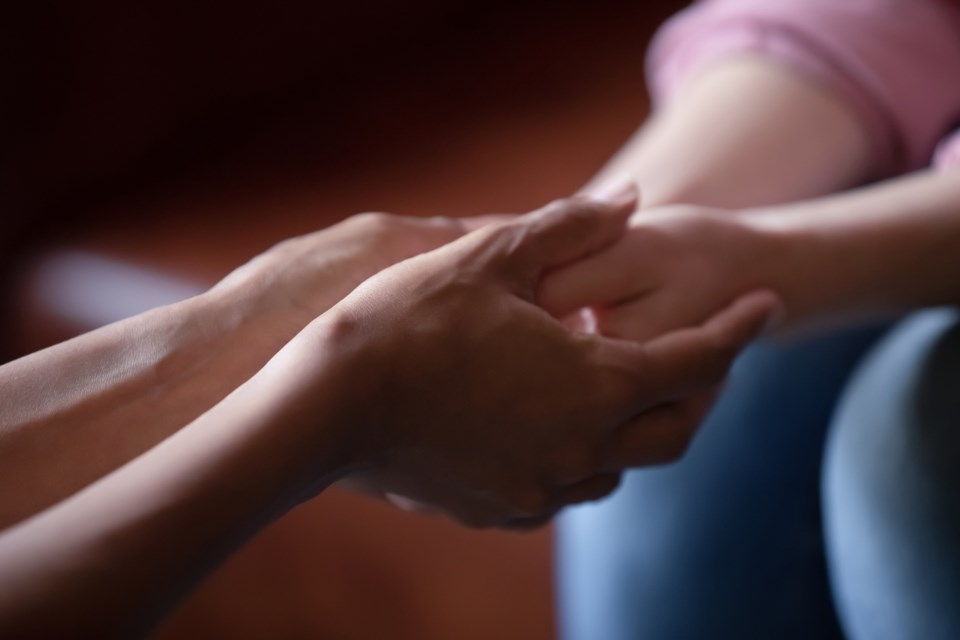Earlier this month, the BC Coroners Service published its report on Illicit Drug Toxicity Deaths in BC revealing that 324 women died of drug overdose in British Columbia in 2020. This devastating all-time high number requires the Province to take urgent action.
From our frontline work, we know that women often turn to drugs and alcohol to cope with the violation of their bodily autonomy and the intense feelings of blame and shame that are heaped on women in the aftermath of sexual violence.
Further, we see that men use drugs and alcohol to facilitate attacks or as part of gaining and maintaining control over women. This relationship is evident in our calls with women in the sex trade, 65% of whom disclose a dependency on alcohol and/or drugs.
Some women told us that they were first dependent on drugs (most often as a coping response to past sexual violence) and turned to prostitution as a means to pay for the drugs. Other women told us that they started using drugs or alcohol frequently as a way to cope with the experience of prostitution.
Last summer, the Minister of Mental Health and Addictions announced a $16 million investment toward new treatment beds in British Columbia stating that, “Treatment and recovery beds are an important part of the substance use continuum of care available for people in British Columbia. They provide safe living environments where people can focus on their recovery journey.
Over the past decade, investments in bed-based care did not keep up with demand, resulting in long waitlists and lack of service in rural and remote communities.”
This is consistent with our own experience. When we call on behalf of women trying to access detox services, we are told that the waitlist to get a detox bed is 4 days long and wait times for residential treatment centres are routinely between 4-12 weeks. As detox is a prerequisite to get into a residential treatment centre, calling for space represents the first of many steps that a woman seeking support for addiction must take.
Much can change between that initial call and a bed becoming available. British Columbia must ensure that detox beds are available on demand and provide immediate entry into long-term treatment centres.
While the Province must increase access to treatment and recovery services, it’s imperative that the concern from many community advocates regarding the standard of care provided in these facilities is taken seriously. We must also stress the necessity of women-only detox and treatment centres. Women frequently report to us being targeted by men in mixed-sex treatment centres and in AA/NA groups. Women must be afforded a safe place to focus on building a life free from addiction and male violence.
And lastly, of course detox and recovery services available on demand are crucial but they cannot replace an adequate response to women’s poverty, the scarcity of safe and affordable housing, and men’s violence against women. We expect the Province to implement an immediate, effective and comprehensive response to all of these issues. British Columbia can and must do better for women.
Laurel McBride is a front line worker at



